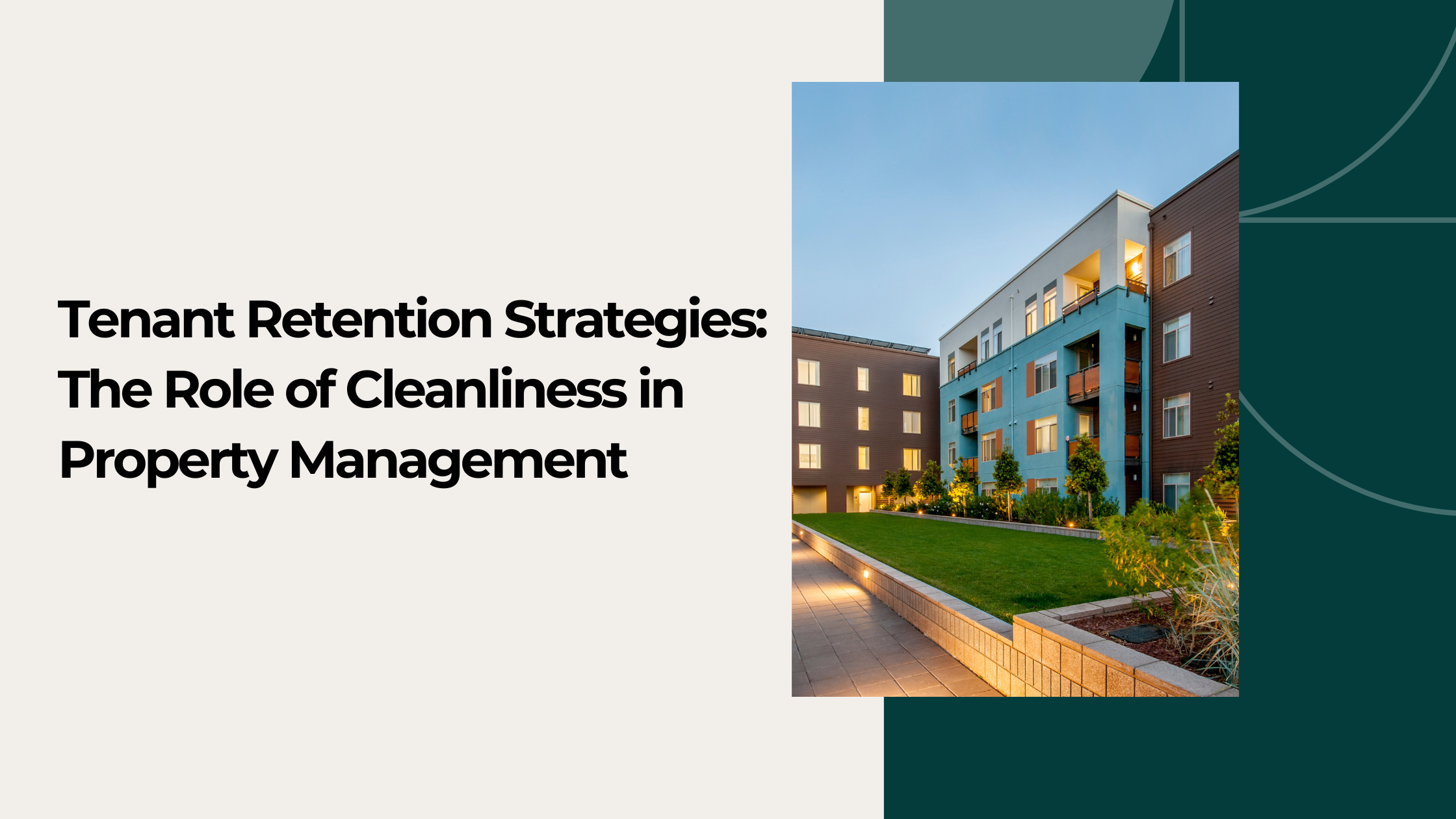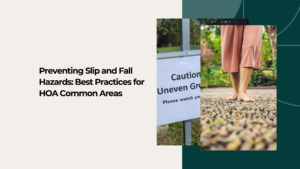
Enhancing Tenant Retention
Tenant retention is a crucial aspect of successful property management. Beyond just filling vacancies, property managers aim to foster long-term relationships with tenants, ensuring stability and profitability for property owners. While factors like amenities, customer service, and lease terms play significant roles, cleanliness often stands out as a cornerstone of tenant satisfaction and retention. In this blog post, we delve into the importance of cleanliness in property management and explore effective strategies for enhancing tenant retention through cleanliness.
The Importance of Cleanliness
Cleanliness is not merely an aesthetic concern; it directly impacts tenants’ quality of life and their perception of the property. A clean and well-maintained environment promotes health, safety, and comfort, which are fundamental factors for tenant satisfaction. Moreover, cleanliness reflects the property management’s commitment to professionalism and attention to detail, instilling confidence in tenants about the overall management standards.
Impacts on Tenant Satisfaction
Studies consistently show that cleanliness ranks among the top factors influencing tenant satisfaction and retention. Tenants are more likely to renew their leases and recommend the property to others if they perceive it as clean and well-maintained. Conversely, neglecting cleanliness can lead to dissatisfaction, complaints, and ultimately, tenant turnover, resulting in financial losses and reputation damage for property owners.
Effective Tenant Retention Strategies Through Cleanliness
1. Regular Cleaning Schedules: Implementing routine cleaning schedules for common areas, hallways, lobbies, and other shared spaces ensures that the property remains consistently clean and inviting. This proactive approach demonstrates the property management’s commitment to maintaining high cleanliness standards.
2. Professional Cleaning Services: Investing in professional cleaning services can provide thorough and efficient cleaning solutions, ensuring that all areas of the property receive proper attention. Professional cleaners have the expertise and equipment to tackle deep cleaning tasks effectively, including carpet cleaning, floor waxing, and window washing.
3. Tenant Education and Engagement: Engage tenants in maintaining cleanliness by providing clear guidelines and expectations regarding their responsibilities. Encourage them to report any cleanliness issues promptly and participate in community clean-up efforts or recycling initiatives. Educating tenants about the importance of cleanliness fosters a sense of ownership and pride in their living environment.
4. Swift Response to Maintenance Requests: Addressing maintenance and cleanliness concerns promptly demonstrates responsiveness and commitment to tenant satisfaction. A timely resolution of issues not only maintains cleanliness standards but also strengthens trust and communication between tenants and property management.
5. Continuous Improvement: Regularly assess cleanliness standards and solicit feedback from tenants to identify areas for improvement. Implementing suggestions and making necessary adjustments signal responsiveness to tenants’ needs and preferences, enhancing their overall experience and satisfaction.
In the competitive landscape of property management, prioritizing cleanliness can be a powerful strategy for enhancing tenant retention. By maintaining high cleanliness standards, property managers can create positive living experiences, build tenant loyalty, and ultimately, achieve long-term success for the property. Cleanliness is not just a matter of aesthetics; it’s a fundamental component of effective property management that fosters tenant satisfaction, loyalty, and ultimately, profitability






